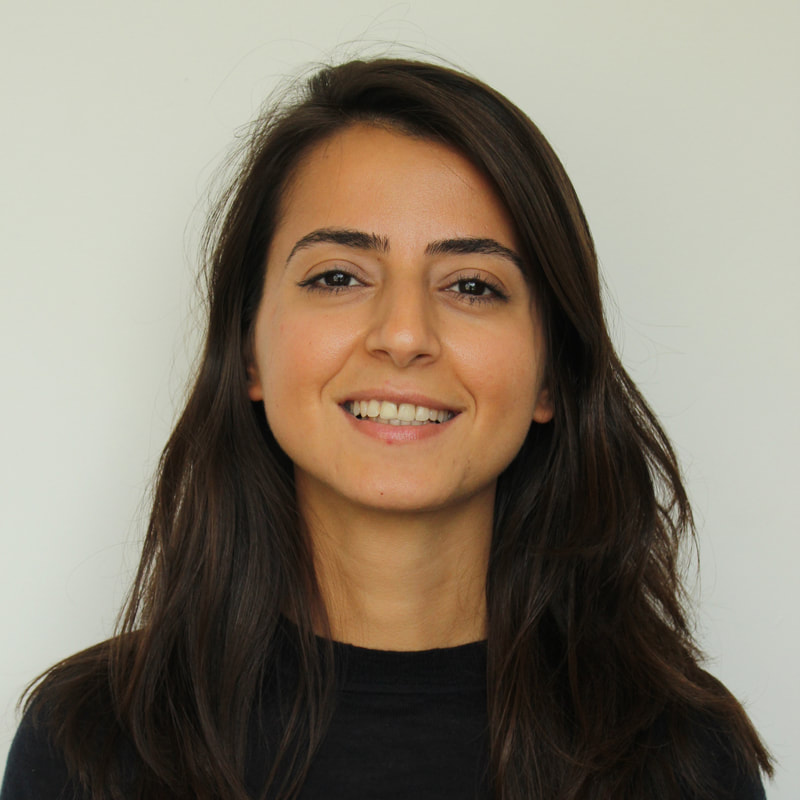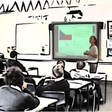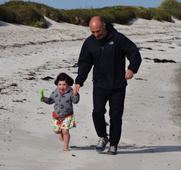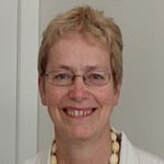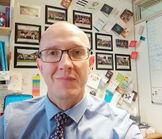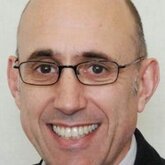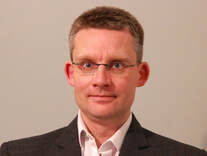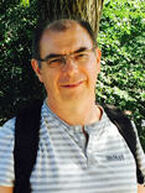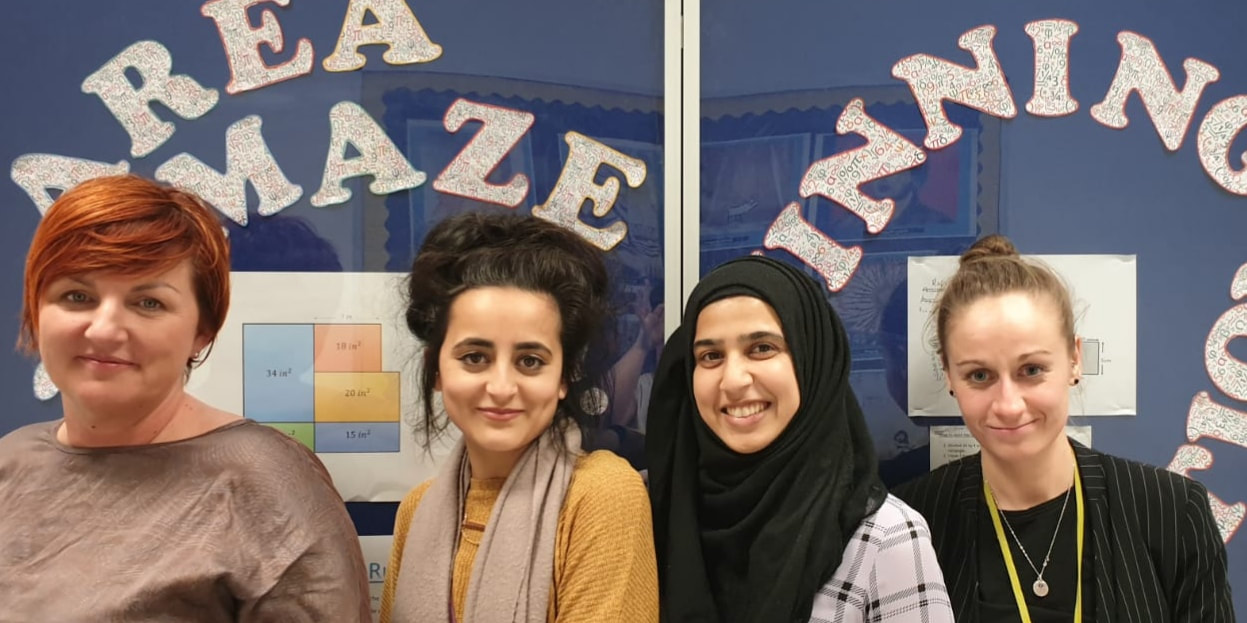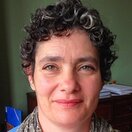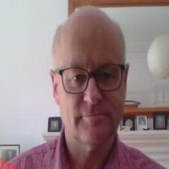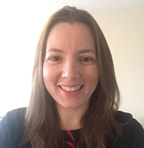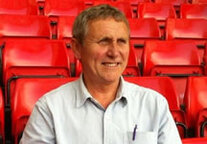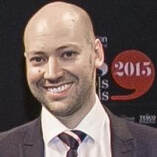On the 13th July 2019 we are holding the sixth mixed attainment maths conference. This is a conference for primary and secondary school teachers of mathematics who are keen to develop ways of working with mixed-attainment groups. Birmingham University have kindly offered to host this conference. Workshops have been organised by people who are currently teaching, or who have taught mathematics in mixed-attainment classrooms from KS2 to KS4. The intention of the conferences is to share practices through active participation regarding strategies, ideas and resources for teaching in mixed-attainment classrooms.
The aim of those organising the conference is: To help form a community of teachers who share a common belief in social justice and the value of not separating children into groups according to some notion of their (fixed) ‘ability.’
The aim of those organising the conference is: To help form a community of teachers who share a common belief in social justice and the value of not separating children into groups according to some notion of their (fixed) ‘ability.’
'With respect to making accessible the deep structure of any given discipline, I think the rule holds that any subject can be taught to any child at any age in some form that is both honest and powerful. It is a premise that rests on the fact that more complex abstract ideas can in fact be rendered in an intuitive, operational form that comes within reach of any learner to aid him (sic) towards the more abstract idea yet to be mastered.'
Bruner, J. S. (1972), The relevance of education, Trowbridge: Redwood Press Ltd
Bruner, J. S. (1972), The relevance of education, Trowbridge: Redwood Press Ltd
Alba Fejzo, Tiago Carvalho & Dr Pete WrightVisible Maths Pedagogy Ks2 - Ks4
Do students understand teachers’ intentions? How does this determine the success of progressive teaching strategies in mixed attainment maths classes? In this practical workshop we explore how to make pedagogies more visible and what impact this has on all students’ engagement and success (particularly those from disadvantaged backgrounds). We will share our ideas and experiences from a small-scale research project at Stoke Newington School (London) involving an academic researcher and two teacher researchers. The project is nearing the end of its second year and we are in the process of analysing the data. Alba & Tiago are Mathematics Teachers at Stoke Newington School, London.
Dr Pete Wright is a lecturer at UCL Institute of Education. @petewrightIOE Danny BrownRitualisation and structured environments - (Suitable for teachers of any age from primary upwards.) In this session we will explore the use of ‘ritualisation' and ‘structured environments’ in mixed attainment classrooms: “There are, perhaps little recognised, ways of working in mathematics that allow novices opportunities to act in sophisticated ways with new symbols, from the very beginning, and which can promote agency and energetic learning.” [Coles, A. & Sinclair, N. (2018) Ritualisation in Early Number Work] Danny has taught at primary, secondary and tertiary level in England and Scotland.
Dr Hilary Povey
Mathematics and Global Learning -
Ks2 - Ks3 This session will be based on ideas, strategies and materials from the Project in Citizenship and Mathematics (PiCaM). The materials use embodied activities and ‘street maths’ to build confident learners, develop critical numeracy to help prepare children for a complex, interdependent world, deepen learning through P4C and enquiry based approaches, explore the global origins and applications of maths and value children’s diverse heritages. There will be an opportunity to work with a few of the resources and to discuss ways of working in the classroom. Hilary is a Professor in Mathematics Education at Sheffield Hallam University
Shel MacDonagh
Mathematics for Climate Justice –What does 12,500,000 litres of water look like?
In the spirit of Mathematics for Social Justice and in light of the recent youthstrike4climate Fridays, Extinction Rebellion protests, the Greta Thunberg effect, David Attenborough documentaries, and our government declaring a Climate Emergency, this workshop will empower mathematics educators to continue the discussion on climate justice within the classroom with their students and beyond. Climate Justice is not only a necessary topic to be covered in education, but lends itself to great lessons, discussions, and tasks within a mixed attainment setting. Shel MacDonagh is a maths teacher in London and an activist for social and climate justice.
@michellemacd Mark SimmonsTeaching Maths in Mixed Attainment Groups - What are the biggest questions and what tentative answers are we finding?
This discussion – based seminar will hope to prioritise some of the questions facing maths teachers wanting to teach to mixed attainment groupings and to share some of the tentative answers that we are finding as we go from researching and experimenting. Mark taught physics and maths in Nottinghamshire secondary schools (as well as a brief foray into primary teaching), finishing as a maths AST after 20 years. He then began working as a teacher educator for the University of Nottingham. He is an NCETM workgroup lead.
|
Dr Andrew BlairInquiry Maths and Mixed Attainment Classes Ks2 - Ks4 Inquiry Maths is a model of learning mathematics that was devised and developed in mixed attainment classrooms. It encourages students to regulate their own activity while exploring a prompt. An Inquiry Maths lesson starts with students' questions and conjectures and can involve diverse pathways that lead towards generalisation and proof. Inquiry guarantees inclusiveness, cohesion and equity as all contributions add to the findings of the class. Participants at the workshop will experience the excitement and creativity of inquiry classrooms. Andrew is the creator of the Inquiry Maths model and leads a mathematics department in Camden (London).
@inquirymaths Gary SetchellLow-stakes quizzing and planning for depth Ks1 - Ks2
In this session, I will outline an approach to mixed attainment mathematics teaching developed over the last four years with teachers from a range of primary settings in Birmingham. I’ll share practical ideas, resources and an embarrassing story about a P.E. that lesson went wrong yet improved my mathematics teaching. Gary is a Subject Leader for Mathematics, SLE and Assistant Head Teacher at Bournville Village Primary School in Birmingham.
@mistersetchell Paul McGarrTo set or not to set at KS4?
This workshop will look at the results of an experiment from teaching a year group of year 10 in half mixed classes and half set classes. We will then explore an activity we have found works well for KS4 mixed attainment classes. Paul is joint heads of mathematics at Langdon Park School in East London.
@paulmc9139 Sylwia Glazewska, Aanisah Hussain, Fozia Najib & Gill MunroUsing manipulatives and other representations to build on understanding in the Ks3 curriculum at Falinge
Over the last three years, we have begun to introduce and use a range of concepts through the use of manipulatives and representations of geoboards. Throughout this session you will be invited to explore the use of Cuisenaire Rods, Algebra tiles and geoboards. Sylwia Glazewska is Director of Mathematics at Falinge Park High School
@sgmathsteacher Gill Munro, Aanisah Hussain and Fozia Najib are Mathematics teachers at Falinge Park High School. Jen BrewinEnsuring that all our students experience a coherent, challenging curriculum
What forms of instruction are appropriate for mixed attainment groups and how can we ensure that all our students experience a coherent, challenging curriculum? In this workshop I will reflect on my experience this year at Huntington School, leading the department in MA teaching and teaching my own year 9 mixed attainment group. Jen Brewin is Assistant Headteacher i/c Mathematics at Huntington School, @jenbrewin
Zebedee Friedman, Jacqueline Hollows & Derrek MasonThe role of Listening & Well-being in teaching & learning
This workshop will be delivered by three people offering their perspectives on learning mathematics and why mixed attainment classes are so important to social justice. Jacqueline is the founder of a social enterprise sharing an innovative Understanding to people in prison. Zebedee, volunteered on Jacqueline's prison programme and was inspired to bring this same understanding to schools. Derrek attended one of Jacqueline's prison programmes and will share what he gained from this. Zebedee, Jacqueline and Derrek will discuss the role of listening in the classroom and how this understanding can make a difference to the learners in our classroom as well as to our experience of teaching. Zebedee has been teaching mathematics for over 20 years in England and Wales.
@ZebFriedman Jacqueline is an international speaker on social justice; and the founder of a social enterprise for people in prison and people working in the Criminal Justice Sector. Derrek attended one of Jacqueline's programmes and a is speaker on social justice and his experiences. |
Colin JacksonMathematics in the Making From 2007 onwards the Mathematics Education Centre at Sheffield Hallam University took the lead role in developing a number of free mathematics resources suitable for mixed attainment teaching. These resources include cre8ate maths, Maths in Context (as part of the Maths Careers Project), Mathematics in the Making (MiMa) and the Project in Citizenship and Mathematics (PICAM). The materials are all designed for use with students of all attainment levels. This workshop will be a brief hands-on introduction to some of the MiMa materials. The activities associated with these materials are suitable as induction activities for mixed attainment in year 7, end of year activities with a particular focus on creating an exhibition of students’ mathematical work both in a school setting or as an external exhibition for parents and other interested parties. Colin is a teacher educator and researcher. He worked as a teacher educator at Sheffield Hallam University for many years.
@colfmjac Helen Hindle
Ensuring support and challenge for all students in Mixed Attainment Classes Ks2 - Ks4
I often get asked, as a teacher of mixed-attainment mathematics classes, "How do you manage to ensure all students are both challenged and supported?" In this workshop I will share examples of strategies, tasks and resources which I frequently use to seek to achieve these outcomes. I will discuss the impact of these on student engagement and attitudes towards mathematics. I will also explain how I use Learning Journeys to support students to select tasks at an appropriate level of challenge. Helen is the Head of the Mathematics Department at Park View in Haringey, London. @helenhindle1
Mike OllertonTransformations
from Upper Ks2 to Ks4 This session will focus on Transforming shapes on a co-ordinate grid and will involve a combination of the use of teacher generated example (TGEs) and student generated examples (SGEs). The plan is to use a combination of TGEs and SGEs to consider how any starting task might be adapted, both simplified and extended, to support students' engagement with transformations. Mike is a Freelance mathematics education consultant.
@MichaelOllerton Tom FrancomeAdapting and Extending in Mixed Attainment Mathematics Classrooms
(Ks2 - Ks4) A common misperception of mixed attainment mathematics teaching is that it is more difficult than teaching sets because teachers need to come up with ‘new’ tasks and different tasks for different pupils at different points. In this active session I will explain how I’ve been influenced by Prestage and Perks’ framework for adapting and extending mathematics tasks. We will work on some tasks that allow for the development of fluency alongside conceptual understanding, consider the design process of these tasks and work together on adapting and extending our own tasks. Using these ideas means you can always have suitable tasks at your fingertips when teaching any group of learners. Tom is a mathematics teacher and Lecturer in Secondary Mathematics at the University of Birmingham.
@TFrancome |

